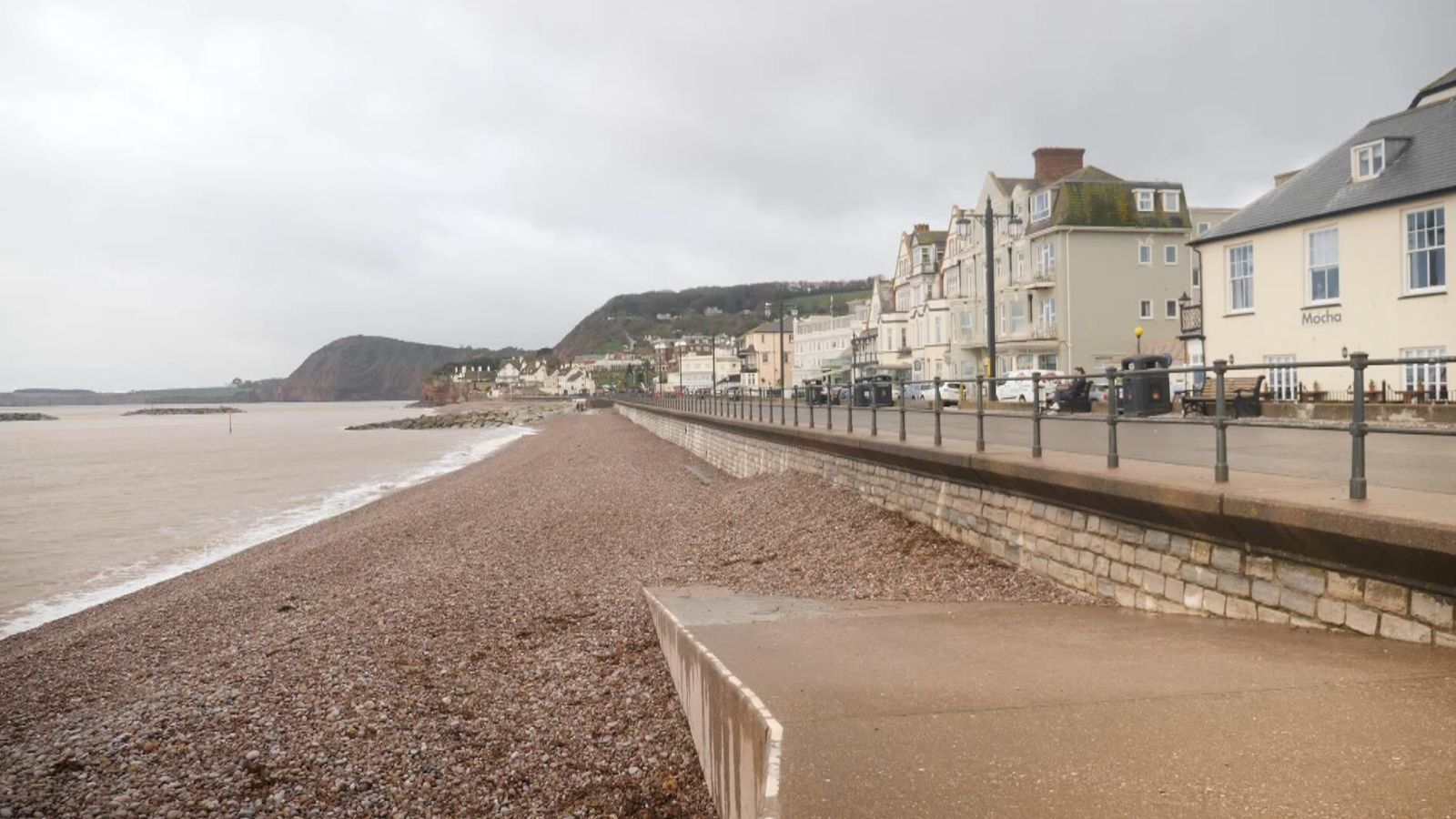A pandemic property boom and the rise of short-term holiday stays in some of Britain’s prettiest coastal towns is now at risk at pricing locals out of the countryside.
When Emma Dee Hookway struggled to find a place for her family in Braunton, where she had lived most of her life, she set up a Facebook page to see if others were in the same boat and received hundreds of replies.
Two years later and now a housing activist in North Devon, she says things have only gotten a lot worse.
The pandemic has caused a reappraisal of city living, as well as a newfound appreciation for Britain’s seaside towns.
It’s a potent mix that has caused short-term holiday stays to soar, and that sudden demand has pushed up the average cost of housing in coastal areas of Devon beyond what some locals are able to pay.
Landlords can often get more money renting short-term than to locals all year round.
Ms Hookway says she doesn’t begrudge landlords because they are only making sound financial choices, but says the housing stock has depleted as a result.
Thomas Orchard: Police use of restraint belt may have caused or contributed to death, inquest rules
Manhunt under way for convicted rapist released on bail before sentencing
Man charged with using pleasure boat to smuggle at least 10 people to UK from Normandy
It’s not a small problem.
Matt Dodd, from the Devon Housing Commission, said they’ve seen an increase of short-term holiday stays increase by 35% in two years. That’s led to 50% fewer homes available on the private rental market across the county.
In North Devon, the number of properties switching from long-term to short-term letting is as high as 67%.
The government is consulting on a new registration scheme for short-term lets that it says will provide local authorities with data to help them to identify the impact of high numbers of short-term lets.
It is also looking into new powers to require a planning application for short-term let conversions and say they will report their findings “in due course”.
But Simon Jupp, the Conservative MP for East Devon, says he wants to see the government move faster in this area.
Read more UK news:
Police investigate Horizon IT scandal
HMRC criticised over Luke Littler tax joke
Kate Garraway’s husband dies aged 56
The ‘Sea Wall’ and the election
For coastal regions, housing is shaping up to play a major role in an upcoming general election.
Research by the Fabian Society shows that 108 constituencies in England and Wales that contain at least one coastal town would like an ambitious housing policy, focused on tackling the real challenges faced by coastal communities.
Though the boundaries will change slightly at the next election, the research shows “Sea Wall” voters tend to favour more housebuilding and investments – especially in social housing.
New research exclusively shown to Sky News found 67% of those living in the Sea Wall support a “large increase in the amount of new social housing being built in Britain”, compared with 23% opposed.
When asked how easy it should be to obtain planning permission for affordable housebuilding on open areas surrounding towns and cities where the building of new homes is currently prohibited or restricted (such as the green belt), 49% of those living in the Sea Wall said they would support planning permission in certain circumstances, while 14% said it should almost always be given.
Some 65% of those living in the Sea Wall also thought their local area received less than its fair share of government money. Only 1% said it received more than its fair share.
Be the first to get Breaking News
Install the Sky News app for free
Most of these coastal areas are currently Conservative strongholds – but according to the research, the party is at risk of losing some of its majorities over this issue.
The dearth of long-term rentals – coupled with pre-existing pressures on social housing – could play a part in a potential sea change election.










